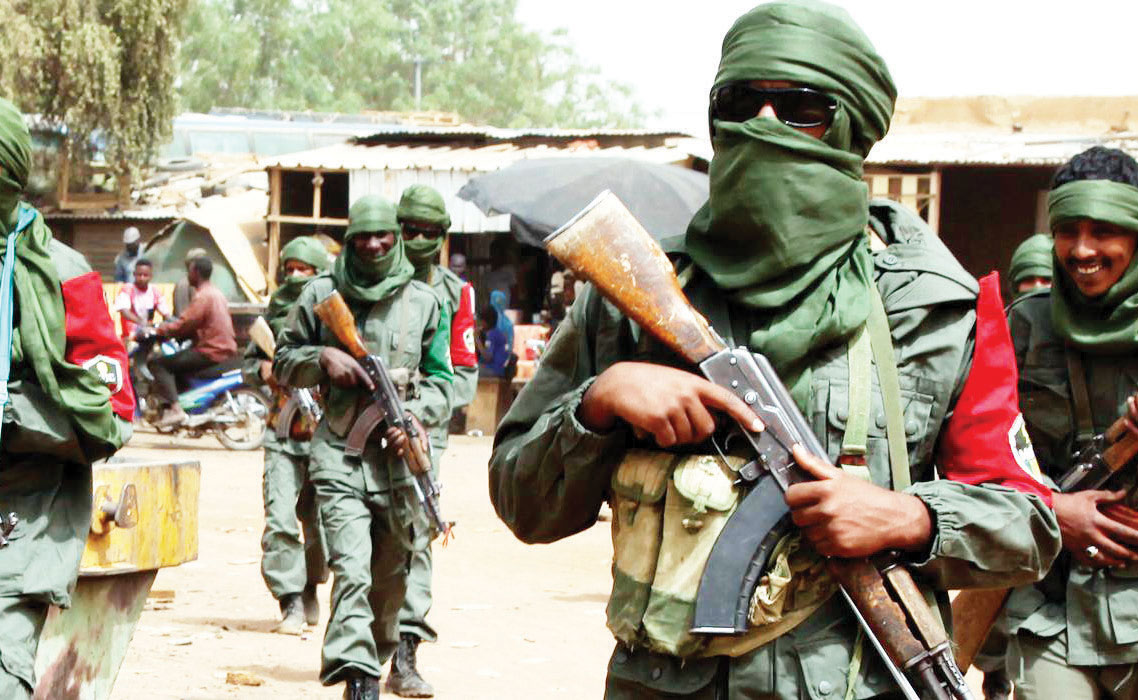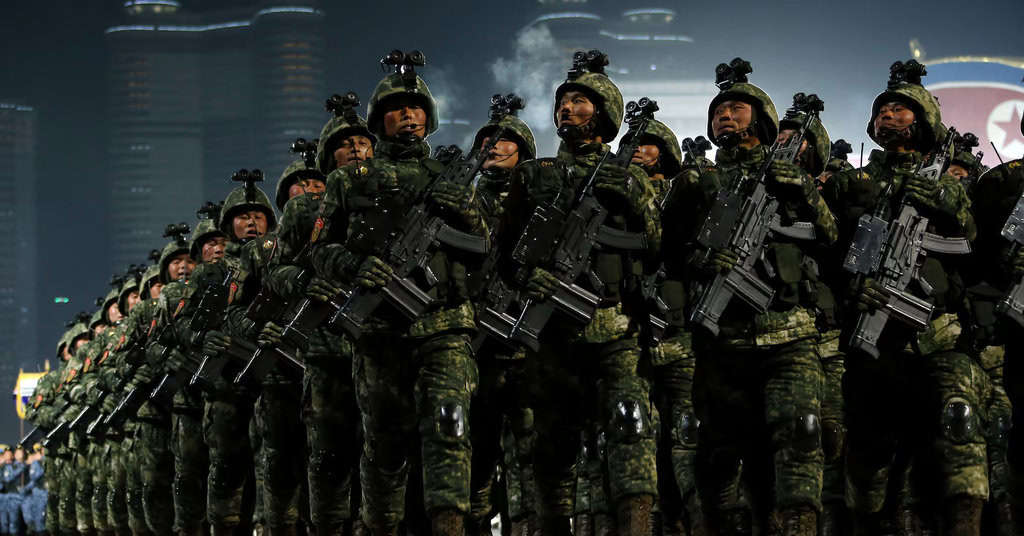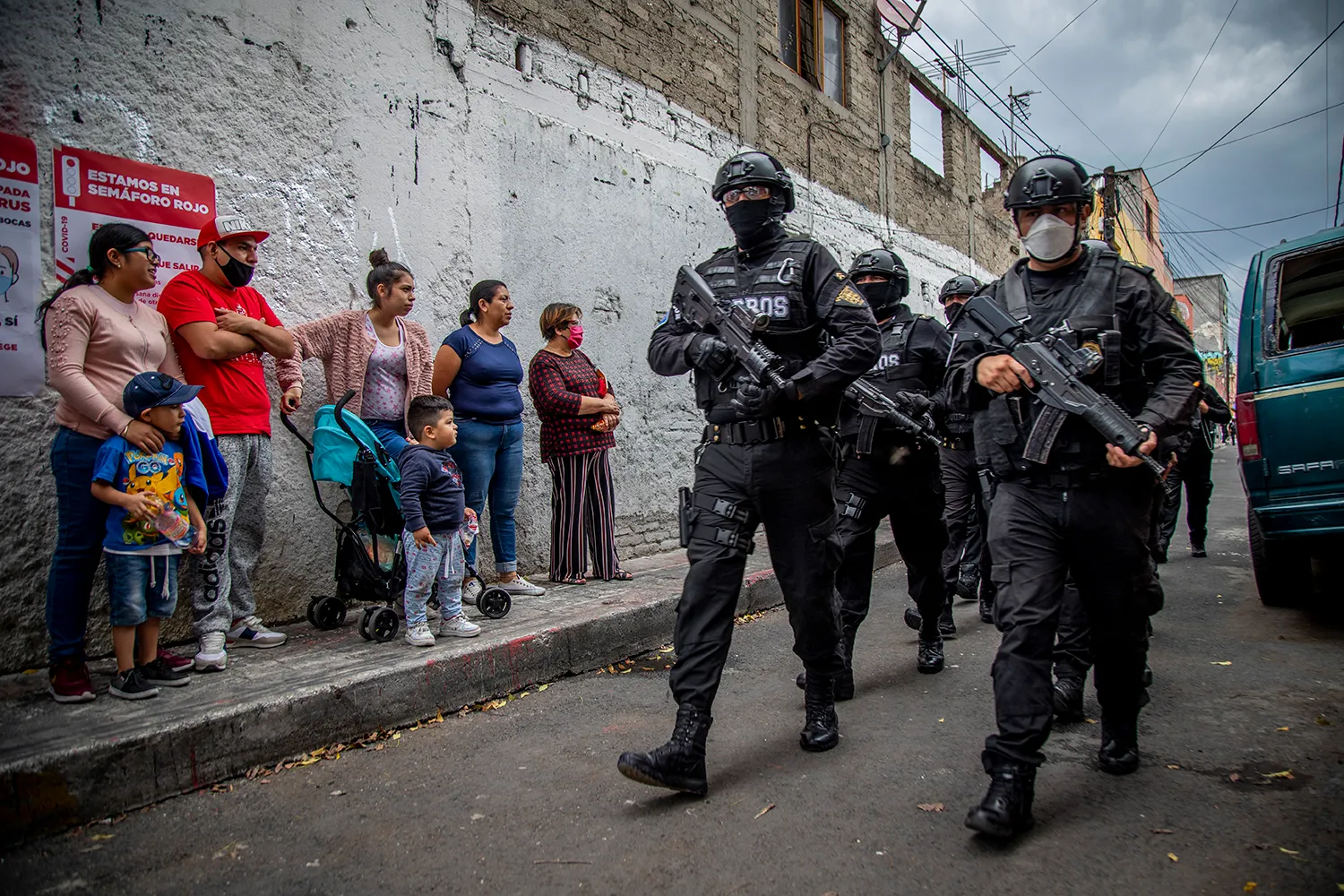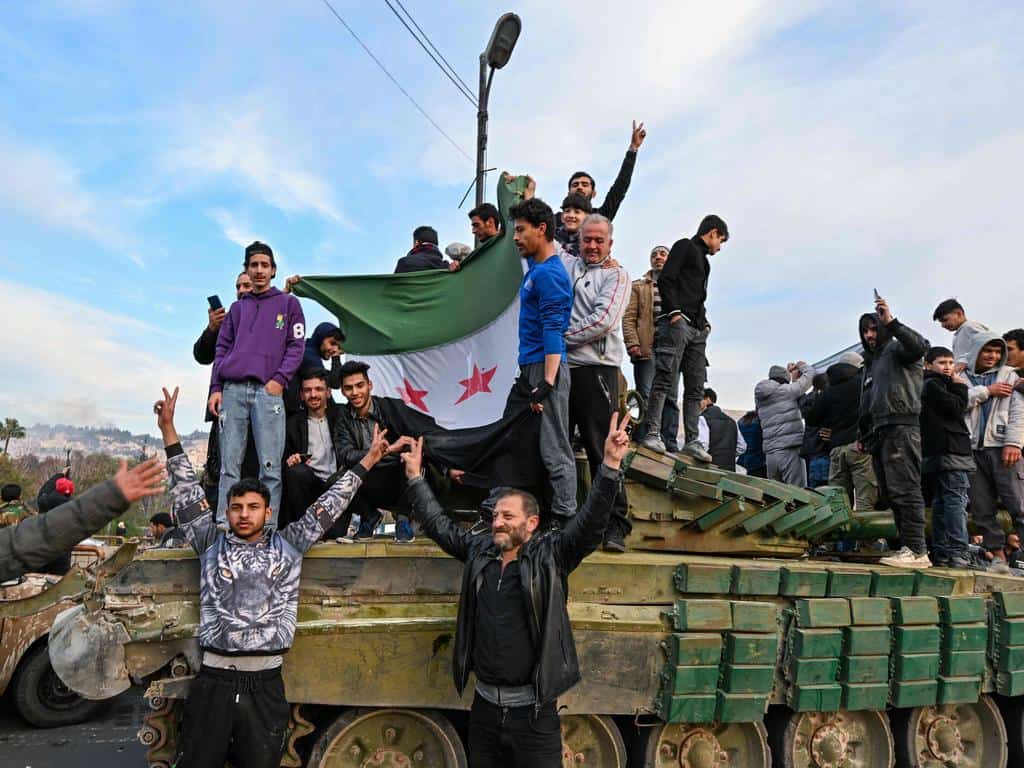Sahel States Demand UN Action Against Alleged Ukrainian Interference
In a dramatic escalation of tensions, Mali, Burkina Faso, and Niger—collectively known as the Alliance of Sahel States (AES)—have formally requested intervention from the United Nations Security Council (UNSC) against what they allege is Ukrainian support for insurgent factions operating in Mali. This request follows a series of diplomatic maneuvers aimed at condemning Ukraine after a significant military setback involving Malian forces and Russian Wagner Group mercenaries in late July.
The Battle of Tinzaouten: A Turning Point
The conflict in question, the Battle of Tinzaouten, occurred between July 25th and 27th in northern Mali. During the battle, Tuareg rebels, allied with Islamist fighters from Jama’a Nusrat ul-Islam wa al-Muslimin (JNIM), ambushed a convoy comprising Malian Armed Forces (FAMA) and Russian Wagner Group mercenaries. The confrontation resulted in substantial losses for both Malian and Russian forces, with at least 80 Wagner mercenaries and several dozen FAMA soldiers killed or captured.
The Tuareg rebels, part of the Strategic Framework for the Defence of the People of Azawad (CSP-DPA), are a separatist group seeking independence for the region of Azawad. While they do not have a formal alliance with JNIM, an Islamic militant organization active in the Sahel, both factions have occasionally collaborated against common adversaries.
Allegations of Ukrainian Involvement
The situation escalated when Andriy Yusov, a spokesperson for Ukrainian military intelligence, made a statement suggesting that the Tuareg rebels had received “critical information” from Ukraine to carry out the successful military operation. Though Yusov did not specify the nature of the assistance, his comments were perceived by the AES as an implicit admission of Ukrainian involvement in the conflict.
Following this statement, Mali, Burkina Faso, and Niger accused Ukraine of directly participating in the ongoing conflict in the Sahel. Despite denials from both Ukraine and the Tuareg rebels, the damage to diplomatic relations was immediate. Mali swiftly severed diplomatic ties with Ukraine, citing its “support for terrorism in Africa.”
“The Republic of Mali fully adheres to the diagnosis established by the Russian federation which has nevertheless warned the world, for years, about the neo-Nazi and villainous nature of the Ukrainian authorities, today allies of international terrorism.” -Statement from the Malian government
Niger expressed solidarity with Mali by also cutting ties, although Burkina Faso has yet to follow suit.
Diplomatic and International Ramifications
The fallout extended beyond diplomatic channels. On August 21st, the AES formally addressed the UNSC, condemning Ukraine for its alleged support of terrorist activities in the Sahel. The letter specifically referenced Yusov’s remarks and those of Ukraine’s Ambassador to Senegal, Yurii Pyvovarov, who publicly supported the Battle of Tinzaouten on social media. In response, Senegal summoned Pyvovarov for clarification.
The AES’s letter urged the UNSC to take decisive action against Ukraine, accusing it of intentionally aiding terrorist organizations and destabilizing the region. The full text of the letter, released by Mali’s Ministry of Foreign Affairs, demands that the UNSC “assume its responsibilities in the face of Ukraine’s deliberate choice to support terrorism.”
“Au nom des Gouvernements des trois pays de la Confédération des États du Sahel, les Ministres en charge des Affaires étrangères du Burkina Faso, de la République du Mali et de la République du Niger ont adressé une lettre conjointe au Président du Conseil de Sécurité des Nations…”
— Malian Ministry of Foreign Affairs on X (@MaliMaeci)
What’s Next for the UNSC?
While the AES has not specified the exact measures it wants the UNSC to take, the involvement of Russia—an ally of Mali and a permanent member of the UNSC—suggests that the issue may receive significant attention. However, it remains uncertain whether any concrete actions will follow.





